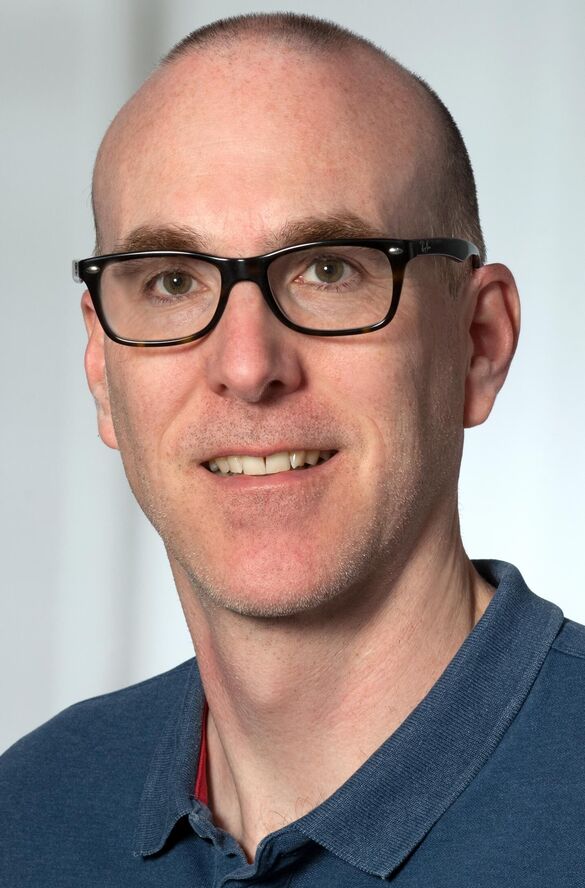Dr. sc. hum. Andreas Deckert
Dipl.-Inform. Med.
Scientist
After developing a digital image analysis tool for the semi-automatic measurement of geographical atrophy areas in age-related macular degeneration as part of a DFG-funded project in his diploma thesis, Andreas Deckert began his professional career as a statistician at the Institute of Medical Biometry in Heidelberg, where he was responsible for several (multicentre) clinical studies in surgery. In 2008, he joined the Institute for Global Health and completed his PhD on the health status of German ethnic German immigrants in 2013. Since 2011, Andreas has successfully worked with CHRESO Ministries in Zambia and the Lighthouse Trust in Malawi on various capacity development and research projects. He has established a university partnership between Heidelberg University and CHRESO University and is currently leading the second DAAD Pagel Programme within this North-South-South cooperation. He was also responsible for a first research project on chronic kidney disease among HIV patients in Zambia together with the Renal Center in Heidelberg (ReCaZa), IMBI and the Central Laboratory of the University Hosptial Heidelberg, as well as for a larger research project on non-communicable diseases in Malawi and Zambia (ZaMaC, until January 2021).
During the SARS-CoV-2 pandemic, Andreas was PI of the cluster-randomised, two-factor SARS-CoV-2 surveillance trial within the nationwide COVID-19 research network "Applied Surveillance and Testing" (B-FAST; embedded in the German University Medicine Network and funded by the BMBF). In this project, four different approaches to active SARS-CoV-2 surveillance for the general population were tested simultaneously on the basis of daily renewed samples in a seamless chronology. Around 28,500 citizens from the Rhein-Neckar district in southern Germany were asked to submit gargle samples (self-sampling at home) by post, followed by laboratory LAMP analysis.
Andreas collaborates with the Tashkent Institute of Postgraduate Medical Education in Uzbekistan in the area of antimicrobial resistance, and with the pathology department in Heidelberg in the area of cervical cancer screening in Ethopia and Cambodia. Furhtermore, he is currently mentor and facilitator for the development of a Master's degree module on non-communicable diseases in the EU-funded programme "Building Aca-demic Capacity in Global Health in the Eastern Europe - Central Asia Region (BACE)". He is also PI of the project "Cooperation between Public Health and Science for the Implementation of Regional Prevention Strategies" within the Cooperation Network University Medicine Baden-Württemberg in Germany.
His expertise includes the planning, implementation and analysis of experimental and observational studies as well as the development of software tools in various programming languages. He has experience as an international consultant in the field of public health (Liberia, Zambia, Uzbekistan) and is experienced in working with development organisations such as GIZ.
Education
| 2013 | Dissertation Dr. sc. hum. in Epidemiology, Institute of Global Health Heidelberg |
| 2004 | Diploma, Medical Computer Science, University of Heidelberg |
| Advanced training in biostatistics | |
| Advanced training in consultancy skills | |
| Advanced training in environmental science |
Publications

Contact Information
Im Neuenheimer Feld 324
R. 306a
69120 Heidelberg
Phone: +49 (0)6221 56-37260
Fax: +49 (0)6221 56-5039
E-Mail:

